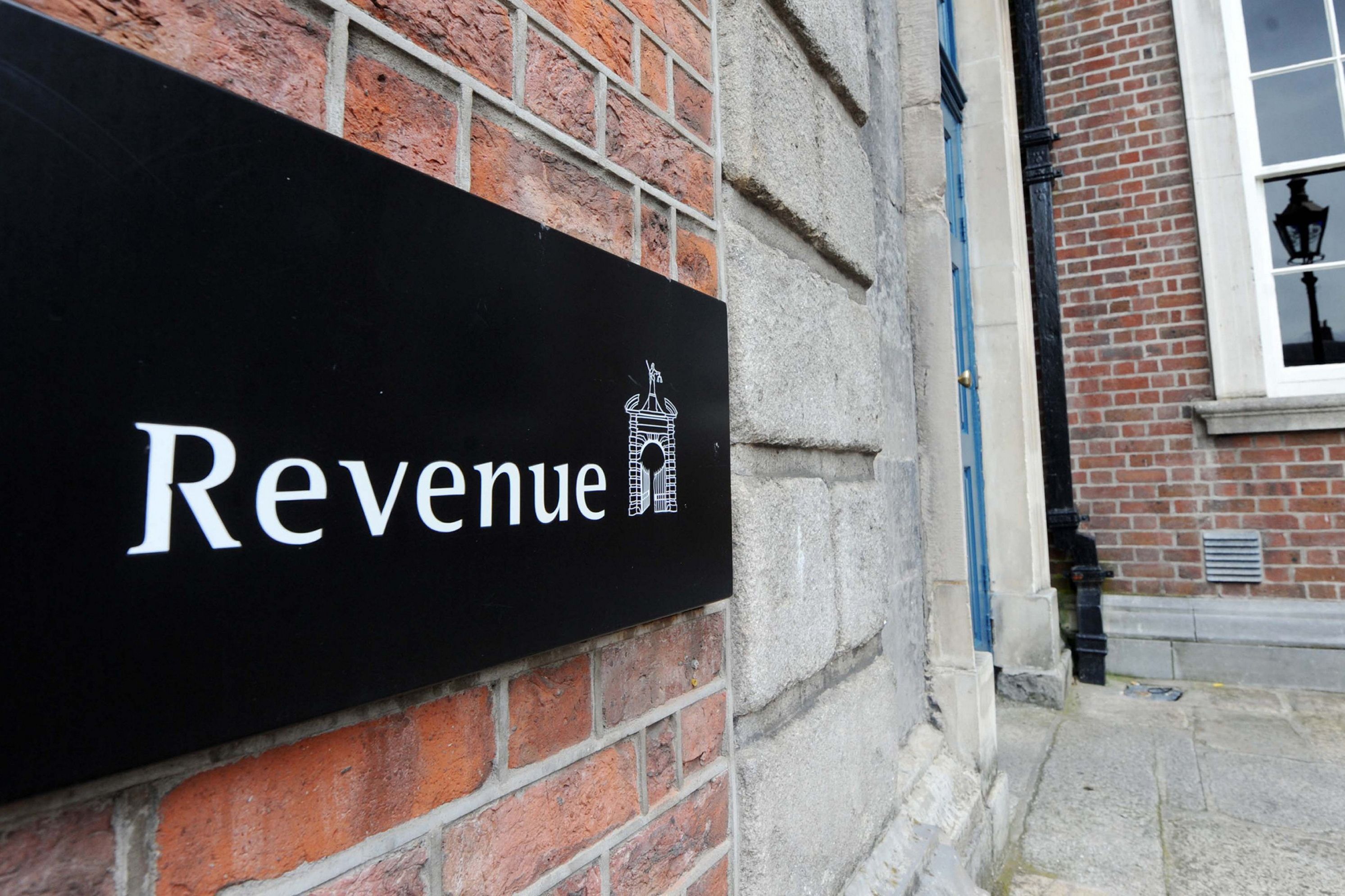
In a momentous court case, significant implications have arisen for businesses that have accumulated a large amount of warehoused debt during the Covid-19 pandemic. This landmark case could set a precedent for how other businesses handle their warehoused debt in the wake of the crisis. As of the end of July, there were nearly 56,000 businesses with a combined total of €1.2bn of debt that had been deferred through the warehousing scheme implemented during the pandemic. This initiative allowed businesses to delay the payment of certain tax liabilities until they were in a more stable financial position.
The recent decision regarding Mac Interiors has left the company’s CEO, Paul McKenna, shocked and disappointed. Mac Interiors, a specialist in office fit-outs, sought court protection earlier this year due to financial difficulties caused by the pandemic and losses incurred from a Liverpool development, as well as global supply chain challenges. The company, registered in Northern Ireland but with its administrative headquarters in south Dublin, played a prominent role in the construction industry, serving high-profile clients like Microsoft, Ryanair, Citibank, AIB, Pinterest, and Barclays Bank.
Despite securing an examiner through the court process, the proposed scheme of arrangement to save Mac Interiors faced opposition from the Revenue Commissioners, who claimed that certain creditors were not properly classified under the scheme. This objection led to the recent ruling by Mr Justice Michael Quinn that the court lacks jurisdiction to approve the survival scheme. The verdict by the court has been particularly disappointing for Mr McKenna, who highlighted the notable support received from the company’s creditors, excluding the Revenue Commissioners. Independent financial consultancy firms had confirmed that a successful examinership would be in the best interests of all creditors, including the Revenue Commissioners. The decision has serious ramifications not just for Mac Interiors, its staff, and customers, but also for the wider construction industry, which suffered greatly during the pandemic, as well as for businesses that have warehoused tax debt.
Taxpayers, both individuals and businesses, have until May 1, 2024, to either enter into a phased payment arrangement with the Revenue Commissioners or repay their deferred tax liabilities.
In summary, this groundbreaking court case involving warehoused debt accumulated during the pandemic has far-reaching implications for businesses in similar situations. Mac Interiors, a prominent company in the construction industry, faced opposition from the Revenue Commissioners over its proposed scheme of arrangement. This ruling not only affects Mac Interiors, its stakeholders, and the construction industry but also has wider implications for businesses with deferred tax liabilities.
Denial of responsibility! Vigour Times is an automatic aggregator of Global media. In each content, the hyperlink to the primary source is specified. All trademarks belong to their rightful owners, and all materials to their authors. For any complaint, please reach us at – [email protected]. We will take necessary action within 24 hours.


